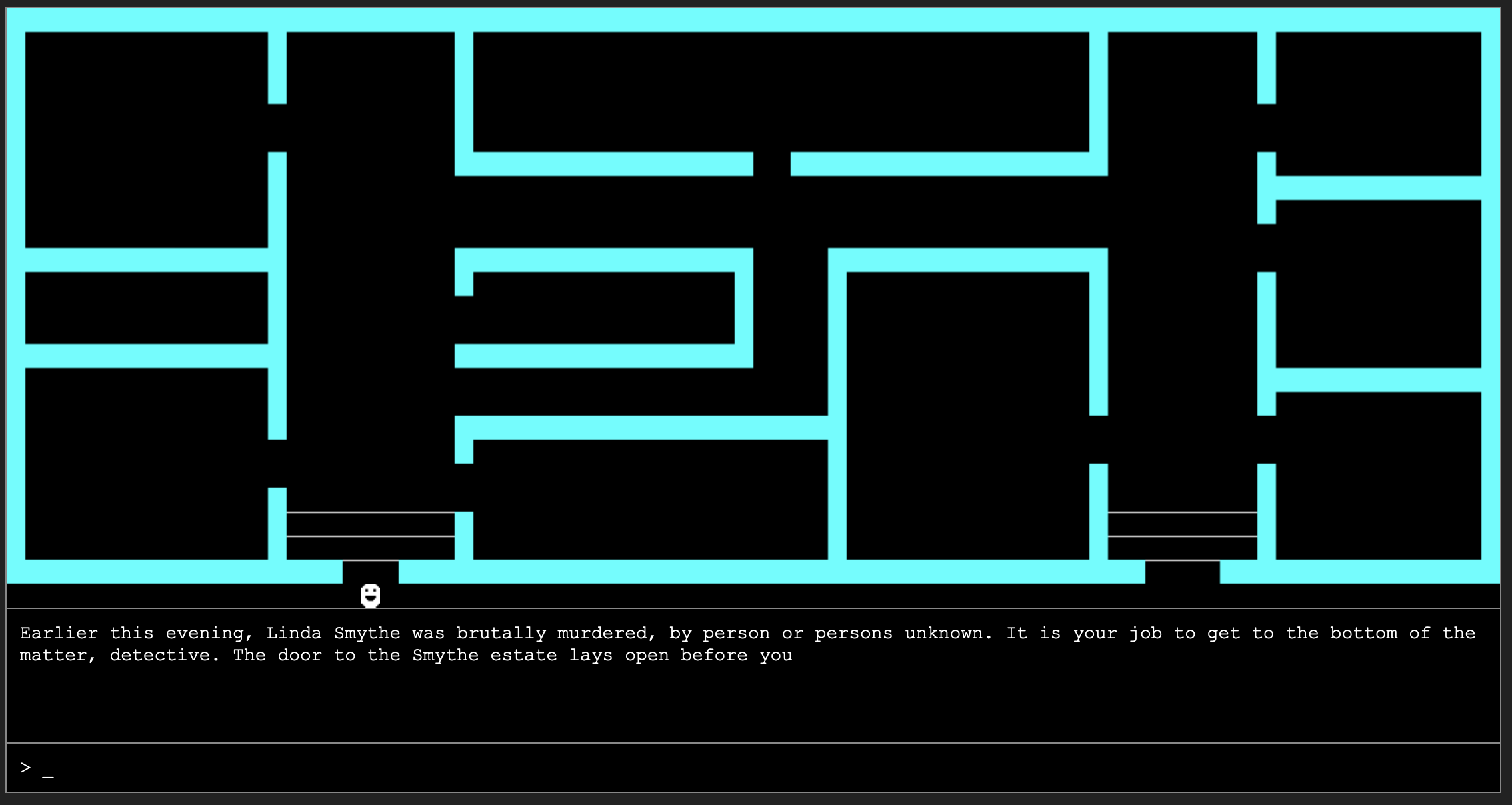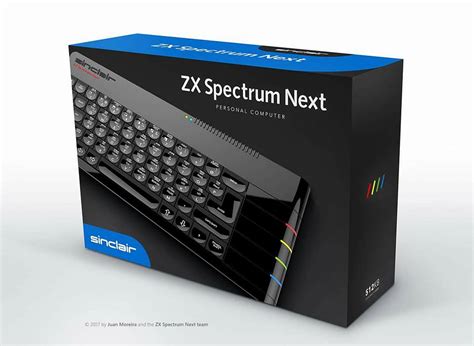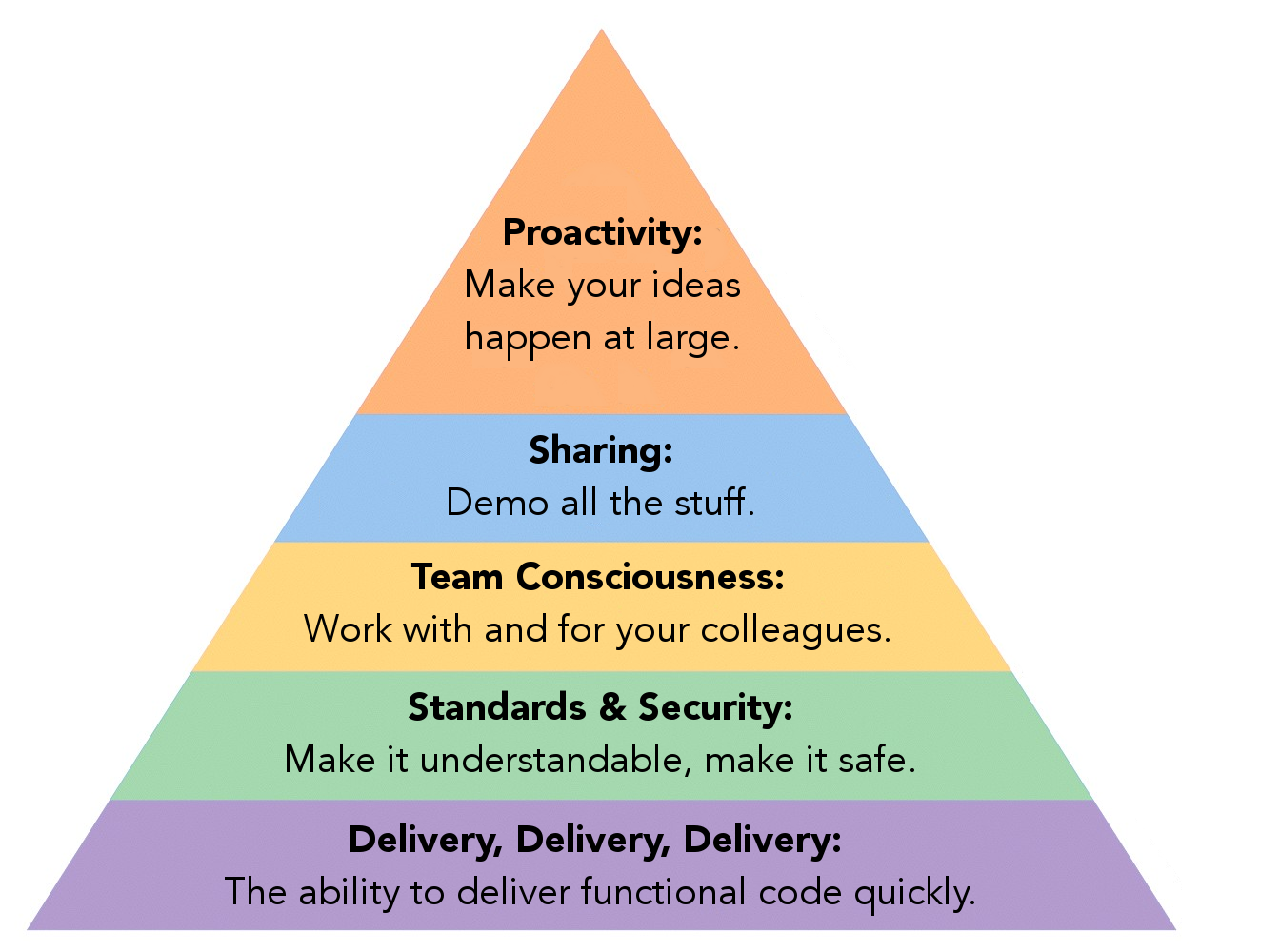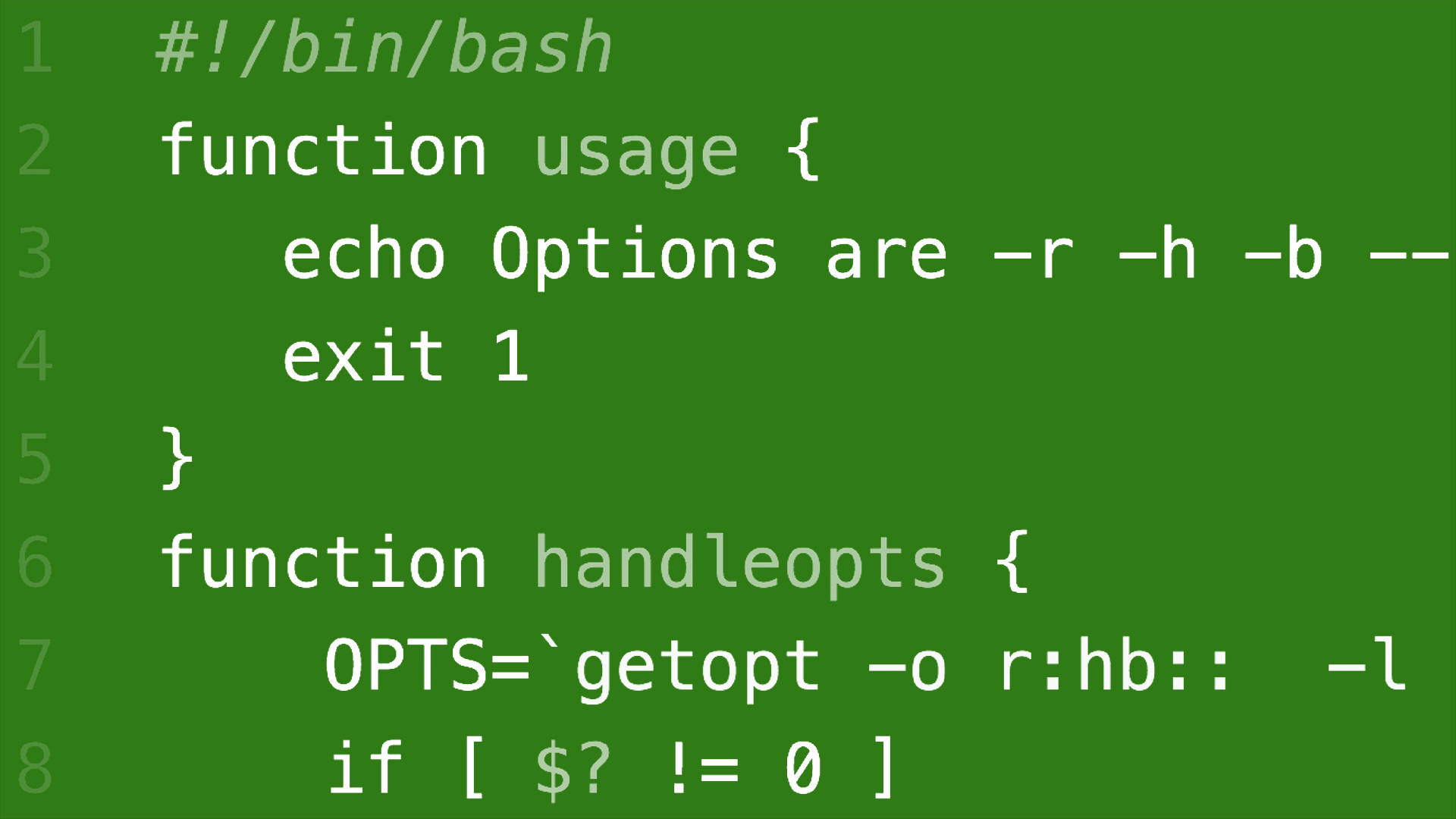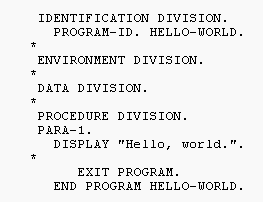Welcome to the new site! I've just spent some time in Italy on holiday, and had a chance to sort out some bits and pieces which I'd been meaning to get sorted for ages. One of those things was this website; some time ago, I migrated from an old incarnation of the site to Jekyll. I'd never really been happy with it since migrating off Drupal years ago, which was the right thing to do at the time, but none of the replacements ever had the functionality to match what I could do on that system.
Jekyll was great, but again, I found its use of Ruby a bit clunky, and could never match it well with a content management system. This time, I decided to go with what I knew well - I've put together a basic Django site. Rather than using Wagtail, which is excellent, I'm keeping it simple, and using only a couple of add-on libraries - ckeditor for a Rich Text field, and django-distill to generate a static-site output, for speed and safety.
This redesign has enabled me to surface more good content in more ways, and also improve the mobile experience, which was sorely lacking on the last version. To celebrate its launch, and because I had time abroad, I've completed a few projects which are shared here - firstly, putting a simulated PDP-11 online, running RSTS/E on SIMH, and sitting on an old Rasberry Pi in a new rack at home. I've also managed to finally update SleuthJS, the DOS game conversion to include custom character names - it took ten years but it's finally here! I recently set up a development environment for writing games for the ZX Spectrum Next on the M1 Mac, using Visual Studio code with the Zesarux emulator - I've now written up a howto. And last but not least, I'm now running a Mastodon instance as a personal space in the Fediverse.
Happy September! This new setup is more straightforward and will encourage me to post far more often, so you can expect more frequent updates!






